“I once stayed in a hospital ward where people that have addiction or mental health problems could get away from the stress of the office for a week. The psychiatrist pulled me into an office for an interview and he had his assistant with him. After the interview, I was walking back to my room and I overheard him say to his assistant,”
‘See that guy, he’s an addict. He will never change.’
“That put a bug in my head that if even a doctor can’t help me, then I can’t help myself. That put a very, very bad taste in my mouth for the rest of my life. You’re talking for what?… over 30 years.”
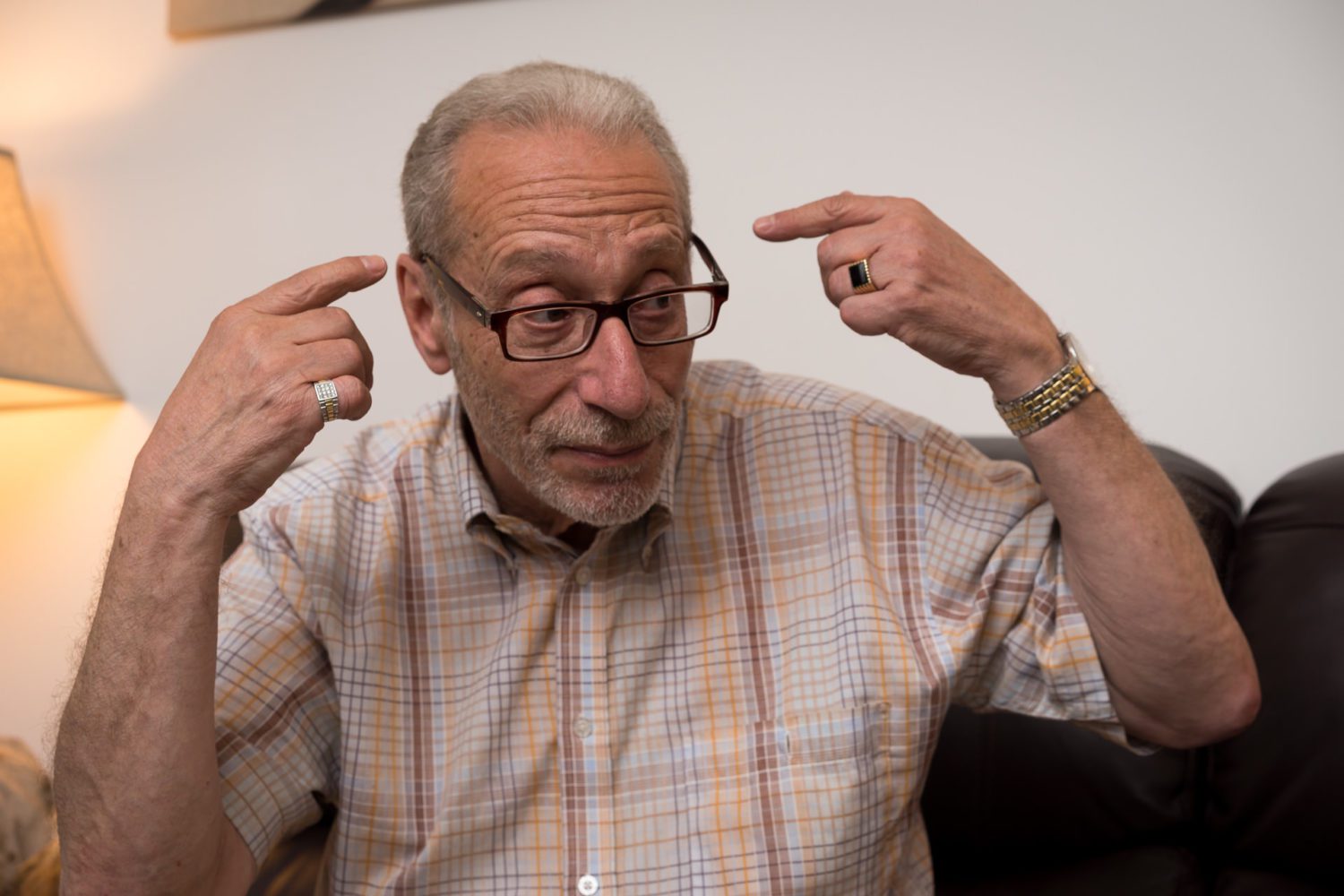
“Because of my addictive behaviour, health was not important to me. It was far down the list. Health only started to become important to me when I cleaned up my act. I cleaned up my act through taking learning courses about my brain. Anything that I could take to find out how an addict’s brain works, I did. I did hundreds and hundreds and hundreds of hours of learning courses from the library, internet, books; whatever I could take about the addicted brain, about dopamine and serotonin.”
“I have been to so many rehabs, probably seven or eight rehabs in my life, including a rehab that I stayed in for a year. None of the rehabs worked, because you’re in a protective environment. When you come out of a protective environment you go under stress. How did I relieve stress in the past? I used drugs. The only way I was able to relieve stress was to use drugs. And I had been doing this for 55 years; 55 years of abusing myself and my brain with drugs. Once I started to learn about my brain and not give up on myself, I found that I could retrain my brain to find pleasure in other ways. Normal things like food, people, places, clothing, health, learning… It’s been about two and a half years that I have been off drugs.”
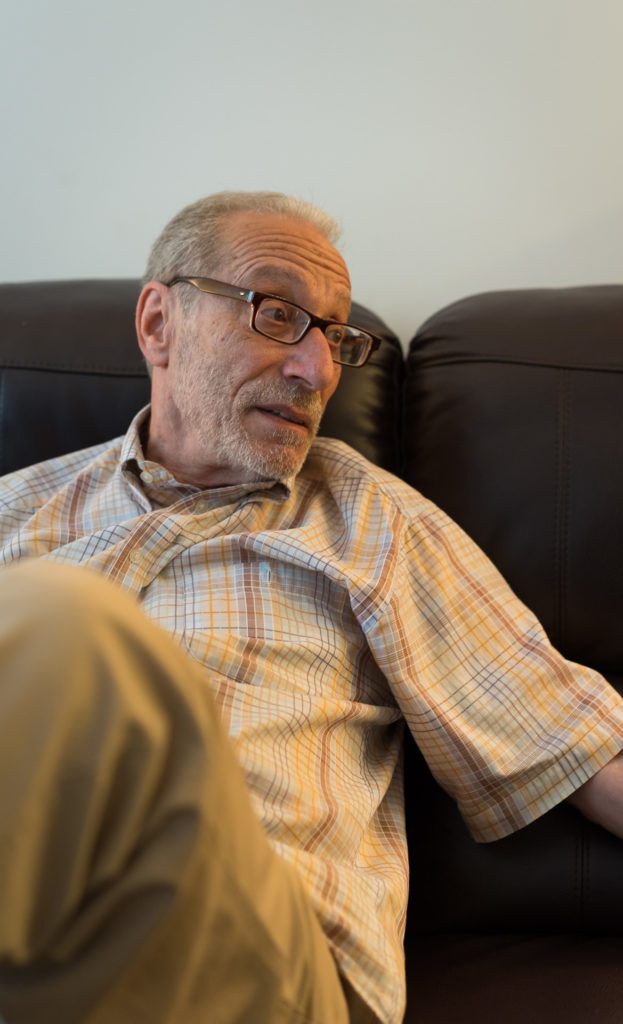
Most doctors are very frustrated with people who are addicted to substances.
“They don’t know what to do with addicts. Their answer is rehab. They’re very frustrated because no matter what they do the addict doesn’t change. He has to change himself, the doctor can’t change him. And the timing has to be right, it’s all about timing.”
“When you are an addict, being homeless for so many years, you turn into an introvert. You’d rather just stay in your room and veg out and not meet people, not go anywhere, not better your lifestyle, because you have given up on yourself. So, if I can show other people that there is a way out, that they don’t have to remain in their addictions… I try to give them some of my story which is compelling because I have been where they are at. I understand them. So, this is why I have become involved in peer support. I don’t want them to go through what I went through all those years. They have an opportunity to change their lifestyle if they want, and I will help them do it. They don’t have to lose their family, lose jobs, lose businesses, lose self esteem, live in a hostile environment for as many as years as I have. Going through all of these programs, feeling like a piece of shit inside, having external anger. Because you’re angry at the world, but little do you know the anger is actually within. It’s not outward, it’s inward. So, they have to learn to deal with that. It was a very, very slow progression to be able to reach the point where I am at now.”
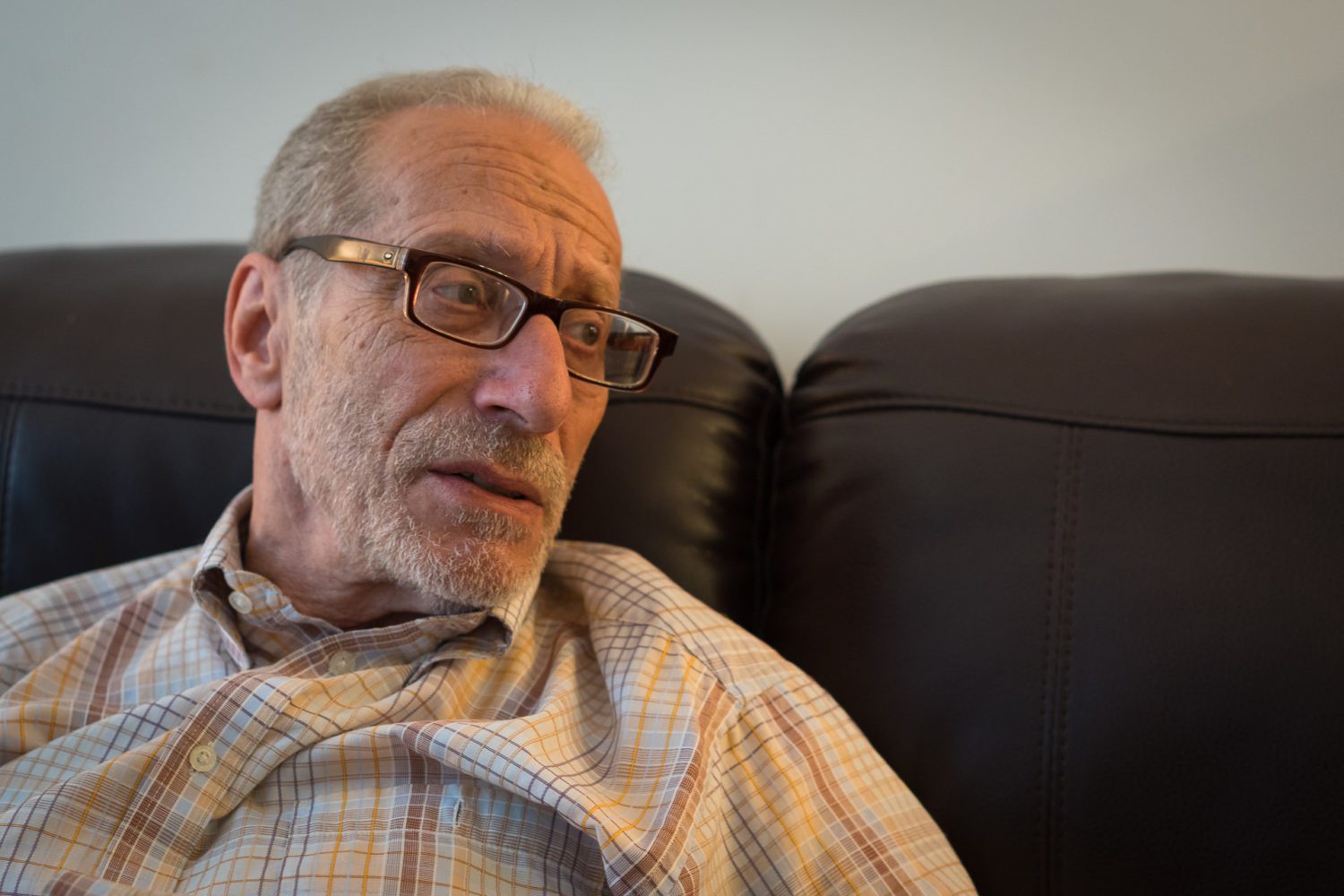
After 2000, my family disowned me.
“The only time I began to see them again was about 3 years ago when I started changing my lifestyle. When I got out of my addictions, they started to open the door for me. They saw a change in me, in my face, in my body, in the way I represented myself. I didn’t think they would, but they did. So very, very slowly they opened up the door. Carefully. One foot just to make sure that I wouldn’t… Because the people that you hurt the most when you’re an addict are the people who love you. They’re the easiest to take advantage of. So, over the years I took advantage of my family. But now my granddaughters even come here and visit me on the weekend. And we go places – I take them down to Harbourfront, I take them to the beaches, we do things together.”
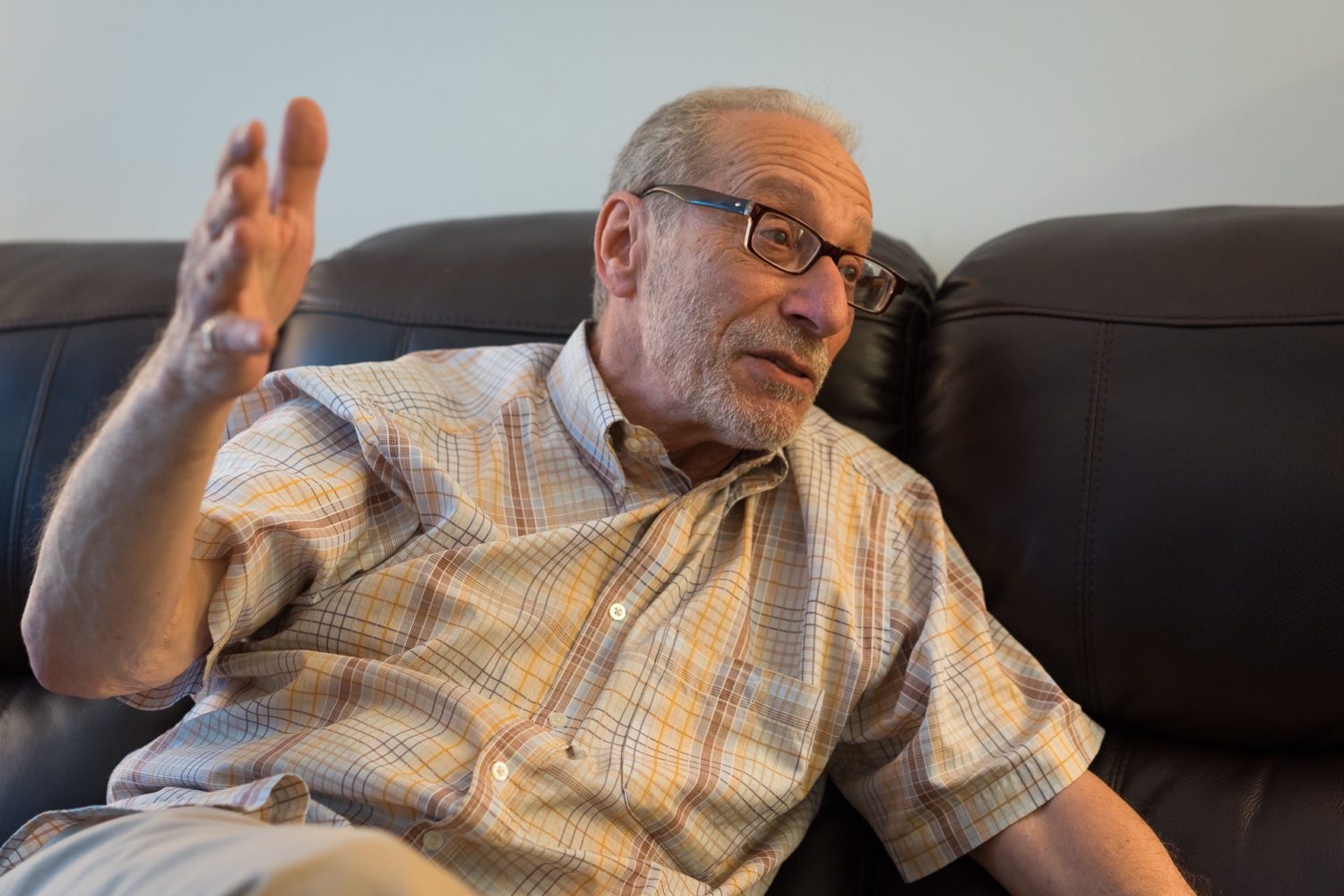
“Tell us about living in a homeless shelter.”
“The staff can become very complacent after a while. They’re unionized working for the city, they only do what they need to do, not what has to be done. When they first come they’re compassionate, they care about things, but after a while they fall into a routine where they’d rather sit in the office and do nothing and they don’t do what they have to do. I found a way to get my needs, but they began to totally dislike me because I stepped on their toes to get what I needed.”
“It is a hostile system where you’re not treated with respect, you’re not treated with dignity even though they say they should treat you with respect and dignity. The bad residents make it bad for the good ones. The bad residents create the fuss and the arguments, and leave a very bad taste in the mouths of the staff, so that they sometimes don’t help the residents that really need help when they ask for it. I would say maybe 35% are bad and the rest either have addictions or mental health problems.”
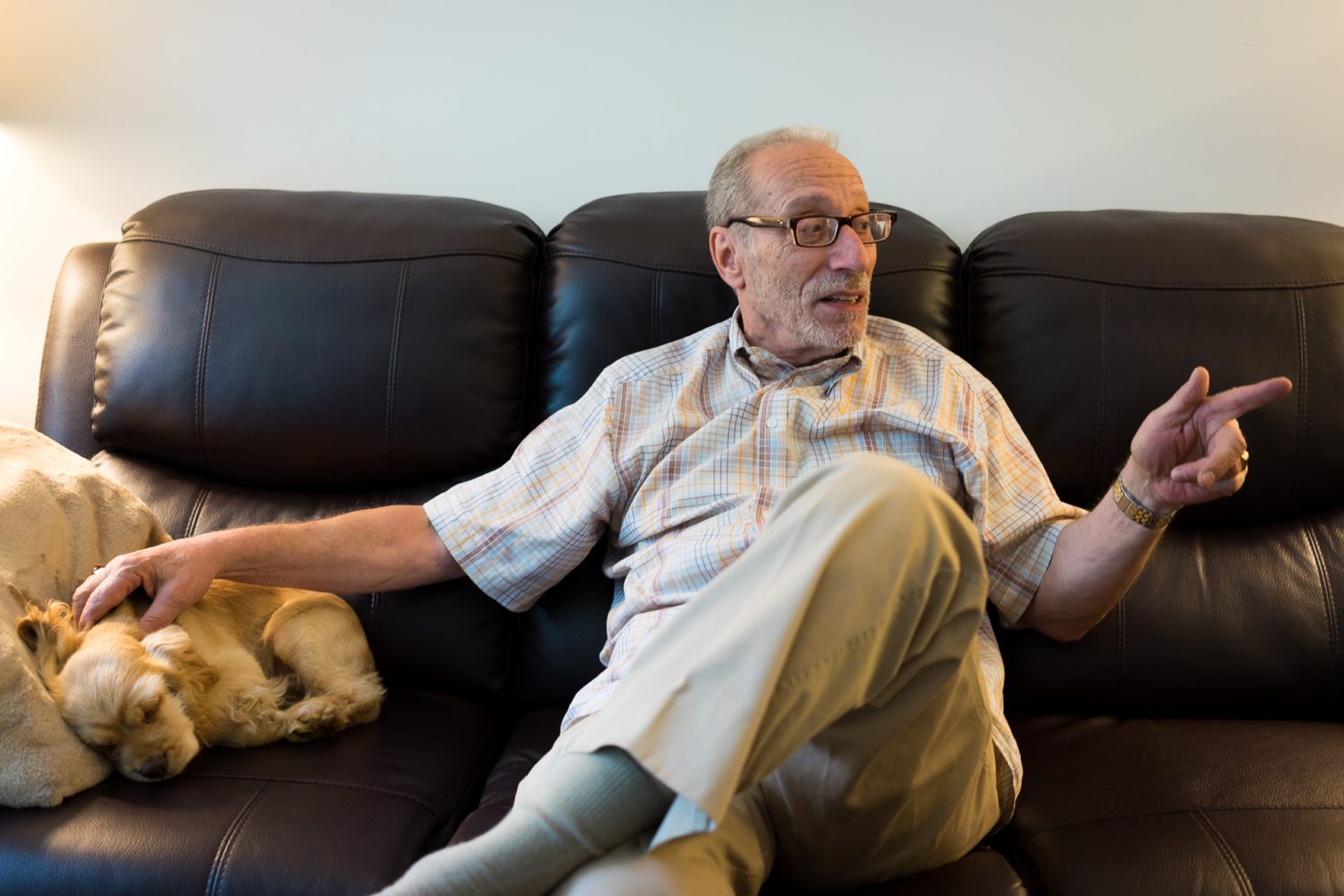
“What would you tell first year medical students about caring for people with addictions?”
“Be very patient. If you are going to have somebody talk to the addictive person have a peer specialist speak with them. Let them feel comfortable with who they are talking to, because the hardest thing for an addict is for them to psychologically accept the other person. There’s a lot of mistrust, a lot of mistrust out there. An addict does not trust anybody because he doesn’t even trust himself. Have a little bit of patience.”
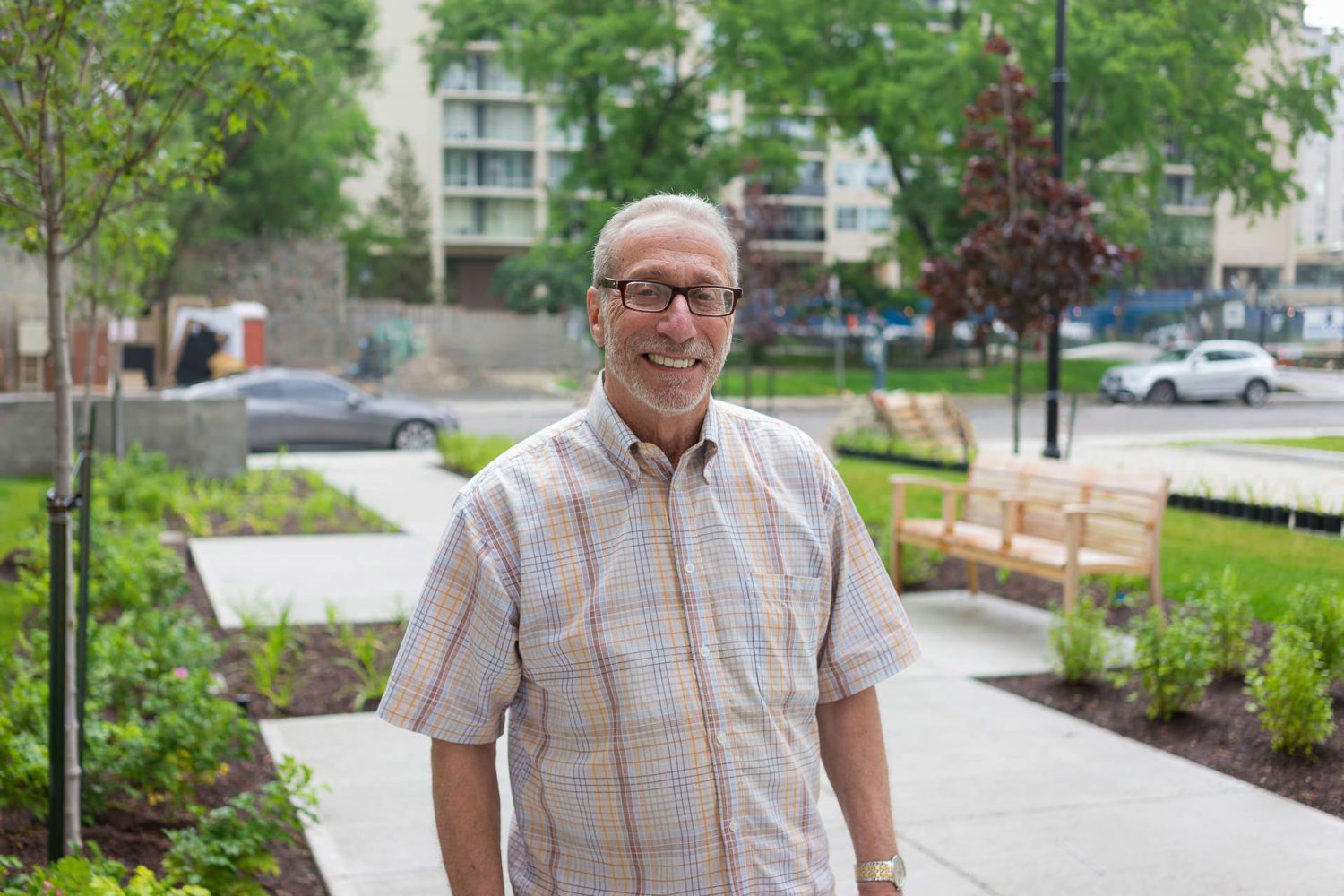
“Today, most of the pleasure I have is being with my little dog, my former wife, helping others, taking up learning courses, taking care of my health.”
“After all, how many good years do I have left? I am 68 years old. I’ve harmed my body over the years. I think I am a healthy 68 year old now both mentally and physically. I eat well, I sleep well, I do what I need to do and I am enjoying life.”


The comments section is closed.